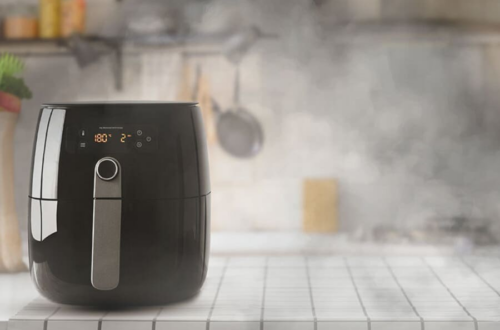Endotoxin Assay Kits for Accurate Bacterial Toxin Detection

# Endotoxin Assay Kits for Accurate Bacterial Toxin Detection
## Introduction to Endotoxin Assay Kits
Endotoxin assay kits are essential tools in the field of microbiology and pharmaceutical research. These kits are designed to detect and quantify bacterial endotoxins, which are toxic components of the outer membrane of Gram-negative bacteria. Accurate detection of endotoxins is crucial for ensuring the safety of pharmaceutical products, medical devices, and other applications where bacterial contamination must be minimized.
## Why Endotoxin Detection is Important
Endotoxins can cause severe immune responses in humans, including fever, septic shock, and even death in extreme cases. Therefore, it is vital to detect and quantify these toxins in products that come into contact with the human body, such as injectable drugs, vaccines, and medical implants. Endotoxin assay kits provide a reliable and sensitive method for this purpose.
## Types of Endotoxin Assay Kits
There are several types of endotoxin assay kits available, each with its own advantages and applications:
– Limulus Amebocyte Lysate (LAL) Assay Kits: The most commonly used method, based on the clotting reaction of horseshoe crab blood.
– Recombinant Factor C (rFC) Assay Kits: A synthetic alternative to LAL, offering similar sensitivity without the need for animal-derived components.
– Chromogenic Assay Kits: These kits use a colorimetric reaction to quantify endotoxin levels.
– Turbidimetric Assay Kits: Measure the turbidity caused by the clotting reaction in LAL-based tests.
## Applications of Endotoxin Assay Kits
Endotoxin assay kits are used in various industries and research fields:
– Pharmaceutical manufacturing: Ensuring the safety of injectable drugs and vaccines.
– Medical device testing: Detecting endotoxin contamination in implants and surgical tools.
– Water quality monitoring: Assessing bacterial contamination in water supplies.
– Food safety: Screening for endotoxins in food products.
## Choosing the Right Endotoxin Assay Kit
When selecting an endotoxin assay kit, consider the following factors:
– Sensitivity: The kit should be able to detect endotoxin levels relevant to your application.
– Specificity: Ensure the kit is specific for endotoxins and not affected by other substances in your samples.
– Regulatory compliance: Choose kits that meet relevant regulatory standards (e.g., FDA, USP, EP).
– Sample compatibility: Verify that the kit is suitable for your sample matrix (e.g., serum, water, or drug formulations).
## Best Practices for Endotoxin Testing
To achieve accurate and reproducible results with endotoxin assay kits, follow these guidelines:
– Maintain proper sample handling and storage conditions.
– Use appropriate controls in every assay run.
– Follow the manufacturer’s instructions precisely.
– Regularly calibrate and maintain your testing equipment.
– Train personnel in proper endotoxin testing techniques.
## The Future of Endotoxin Detection
Advancements in endotoxin detection technology continue to improve the sensitivity, speed, and convenience of these assays. Emerging technologies include:
Keyword: Endotoxin Assay Kits
– Microfluidic-based detection systems
– Biosensor technologies
– Improved recombinant alternatives to LAL
– Automated testing platforms
These innovations promise to make endotoxin detection more accessible and reliable across various applications.
Endotoxin assay kits play a critical role in ensuring product safety and public health. By providing accurate and sensitive detection of bacterial toxins, these kits help maintain the quality of pharmaceuticals, medical devices, and other products. As technology advances, we can expect even more sophisticated and user-friendly endotoxin detection solutions to emerge.


